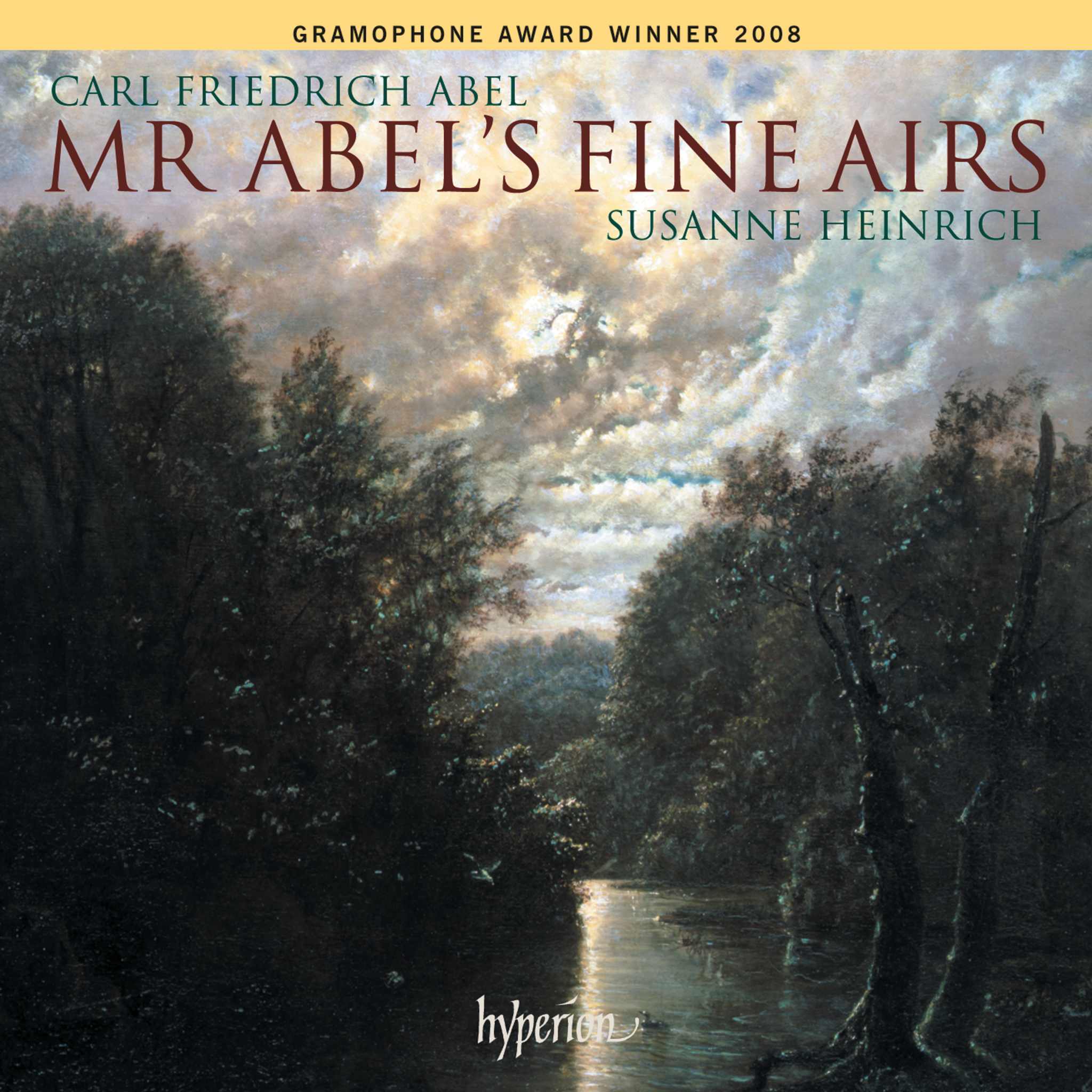Carl Friedrich Abel: An Overview and His Significance
Carl Friedrich Abel (1723–1787) was a prominent German composer and virtuoso of the viola da gamba during the pre-Classical era. His influence in the world of music is truly impeccable. He is widely recognized for his influential role in instrumental and chamber music, particularly for bringing the viola da gamba into the musical spotlight during a period when it was falling out of favor.
Abel was born in Köthen, Germany, into a musical family, and began his career at the Dresden court as chamber musician and gambist at the age of 20. In 1759, he moved to London, where his reputation as a composer, concert organizer, and performer flourished. He served as chamber musician to Queen Charlotte in 1764 and co-founded the influential Bach-Abel concert series with Johann Christian Bach in 1765. These concerts were among the first public subscription concerts in England and played a key role in introducing the works of contemporary composers, including Haydn, to London audiences.
Abel was a prolific composer, leaving behind a body of work that included symphonies, overtures, chamber pieces, and, above all, music for viola da gamba. As of the latest scholarly catalogue, 420 works are attributed to him, spanning from solo pieces to orchestral works.


